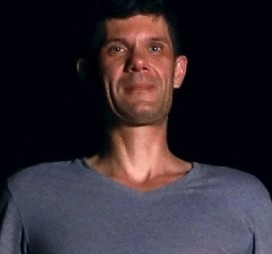Featured Grantee
Quick Facts
- Name: Jens Lautenbach
- Comes from: Germany
- Lives in: Arecibo, Puerto Rico
- Leisure time activities: Play with our dog at the beach
- Likes: Sailing and traveling
- Currently reading: My wife’s doctoral dissertation
In a nutshell
- My research matters because… it makes an impact on our life by studying different processes in the atmosphere and giving other researchers the base for modeling and predicting our atmosphere.
- One of the inspirations for my research has been… our atmosphere is so much more than just air, developing novel instruments, and studying with them the atmosphere up to where space begins is fascinating.
- The best thing about my job is… I can create science and experience every step along the way.
- My career highlight so far has been… being part of the supervising team that performed a 3-years long field campaign in the Arctic (78° N) to measure various parameters in the higher atmosphere. This unique set of parameters contributed significantly to the evaluation of satellite observations and the comparison of these parameters led to new and unexpected scientific results.
- My advice to aspiring researchers is… first of all, “you can do it”. That may sound lame but if you have the right motivation, willingness, and persistence reaching a goal is way easier. Along the way, you will have setbacks, but they are making you stronger because you can learn from them how to make things better. This is especially the case in developing things or programming and so many other areas. So, don’t get upset, look at what you can do better, and soon after you are one step closer to your goal. Second, find a mentor who is truly a role model and you can look up too.
Related News Article: Summer Student Assists in Development of Newest AO Facility.
